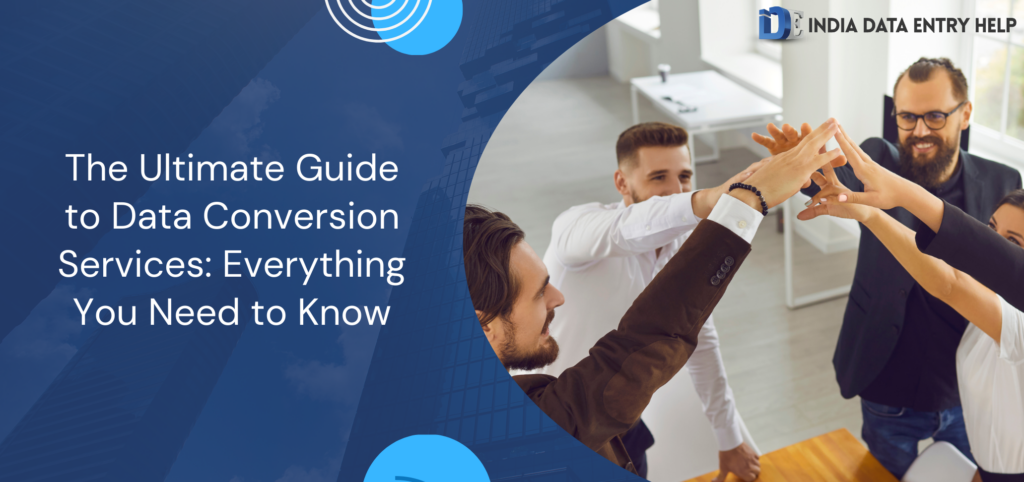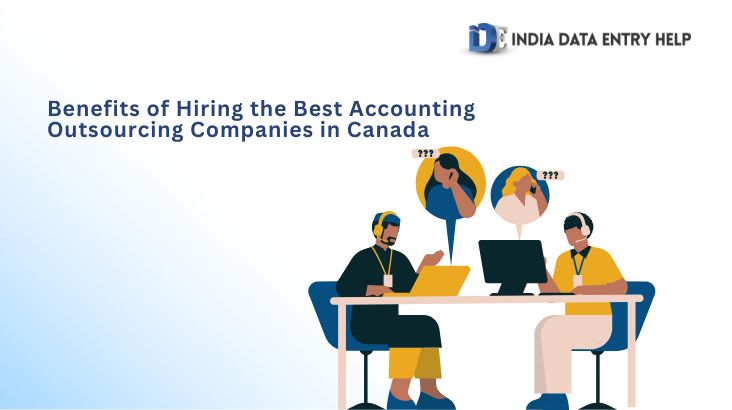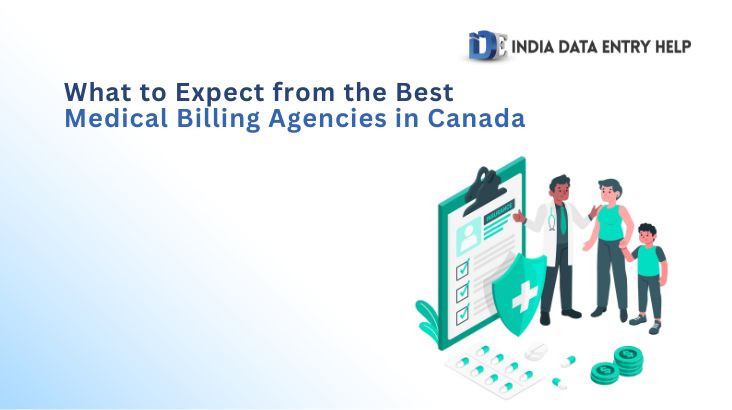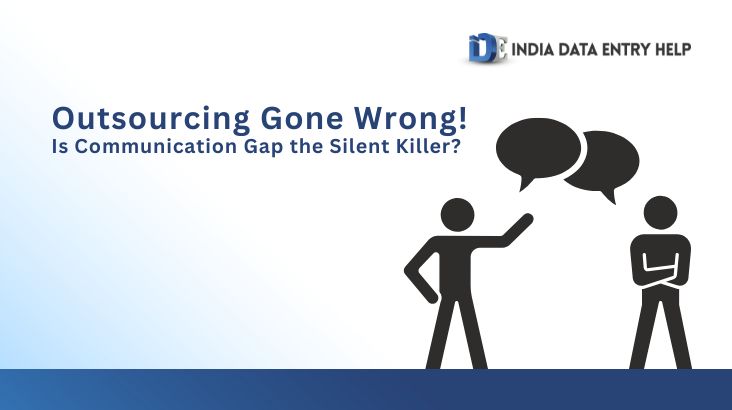The Ultimate Guide to Data Conversion Services: Everything You Need to Know

In today's digital age, data holds immense value for businesses across all industries. From customer information to financial records and inventory data, organizations rely on accurate and accessible data to make informed decisions and drive growth. However, as technology evolves and data formats change, businesses often face the challenge of converting data from one format to another efficiently and accurately. This is where data conversion services come into play.
What Are Data Conversion Services?
Data conversion services involve the process of transforming data from one format to another. This can include converting data from physical documents to digital formats, migrating data between different software applications or databases, or converting data from outdated file formats to modern, more accessible formats.
Types of Data Conversion Services
Document Conversion: This involves converting physical documents, such as paper files or scanned images, into digital formats like PDF, Word, or Excel. Document conversion services often include OCR (Optical Character Recognition) technology to accurately extract text from images.
File Format Conversion: Businesses may need to convert data from one file format to another, such as converting a Word document to a PDF, or converting an Excel spreadsheet to a CSV file for database integration.
Database Migration: When transitioning to a new software application or upgrading existing systems, businesses may require data migration services to transfer data from one database to another without loss or corruption.
Media Conversion: This involves converting data stored on physical media, such as tapes or disks, to digital formats for long-term storage and accessibility.
Benefits of Data Conversion Services
Improved Accessibility: Converting data to digital formats makes it easier to access and share across different platforms and devices, increasing productivity and collaboration within organizations.
Enhanced Data Security: Digital data can be encrypted and protected with access controls, reducing the risk of data loss or theft compared to physical documents.
Cost Savings: Data conversion services can help businesses reduce storage costs associated with physical documents and streamline data management processes, saving time and resources.
Compliance and Regulatory Compliance: Converting data to digital formats can help businesses comply with industry regulations and standards for data retention and security.
Efficient Data Analysis: Digital data can be easily analyzed and processed using software tools and algorithms, enabling businesses to extract valuable insights and make data-driven decisions.
Choosing the Right Data Conversion Service Provider
When selecting a data conversion service provider, it's essential to consider factors such as:
Experience and Expertise: Look for a provider with a proven track record of delivering high-quality data conversion services.
Security Measures: Ensure that the provider employs robust security measures to protect sensitive data during the conversion process.
Scalability: Choose a provider capable of handling large volumes of data and scaling their services to meet your business needs.
Cost-effectiveness: Evaluate the pricing structure and compare it with the quality of service offered to ensure you're getting the best value for your investment.
In conclusion, data conversion services play a crucial role in helping businesses manage and leverage their data effectively. By understanding the different types of data conversion services available and selecting the right provider, businesses can unlock the full potential of their data assets and drive success in today's digital landscape.



